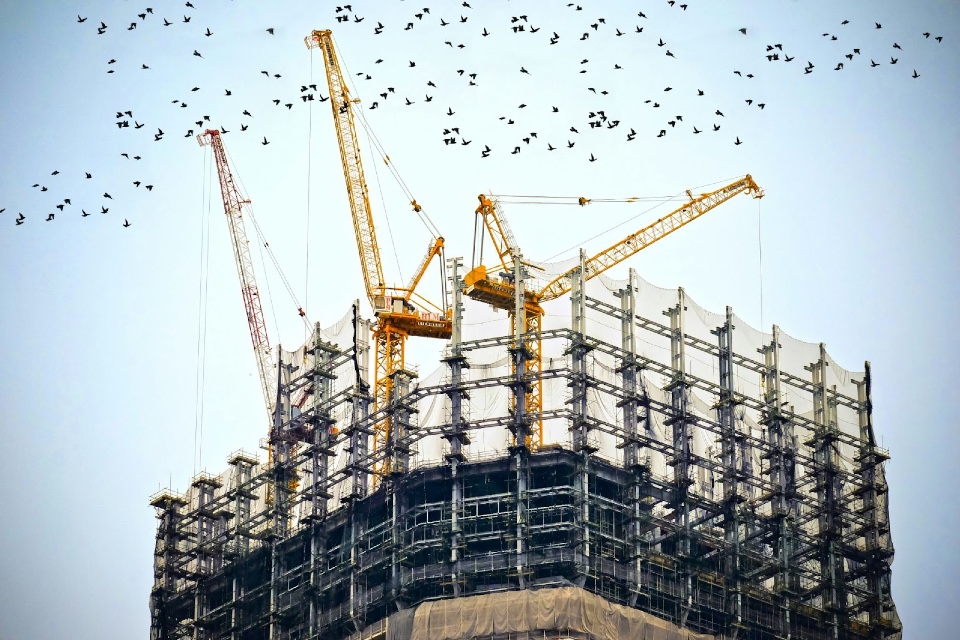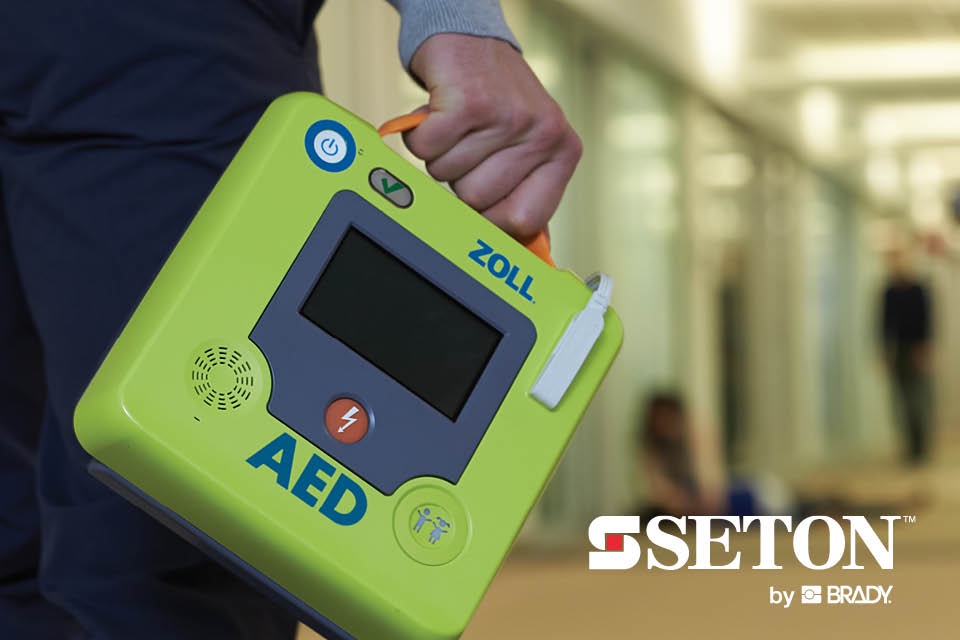The government has published its landmark Bill to deliver the biggest changes to building safety for nearly 40 years and make residents safer in their homes.
The Building Safety Bill will improve regulations as the government seeks to bring forward a clearer system with residents’ safety at the heart of it.
The government is also announcing that full applications for the £1 billion Building Safety Fund, to remove unsafe non-ACM cladding from buildings, can be submitted from 31 July – with 747 registration forms processed since 1 June.
Residents have helped to develop the proposals through engagement groups, and under the new rules, people living in high rise buildings will be empowered to challenge inaction from their building owner and have better access to safety information about their building and will benefit from a swift and effective complaints process.
A Building Safety Regulator, already being set up within the Health and Safety Executive (HSE), will be fully established and equipped with the power to hold building owners to account or face the consequences.
It will enforce a new, more stringent set of rules that will apply for buildings of 18 metres or more or taller than 6 storeys from the design phase to occupation.
The government views the draft Bill as legislation that will evolve as further evidence and risks are identified to ensure that residents’ safety is always prioritised and will also provide new powers to better regulate construction materials and products to ensure they are safe to use.
Government expert Michael Wade has been asked to work with leaseholders, and the finance and insurance industries. He will test and recommend funding solutions to protect leaseholders from unaffordable costs of fixing historic defects, ensuring that the burden does not fall on tax payers. He will also develop proposals to address insurance issues around building safety.
The draft Bill includes a new ‘building safety charge’ to give leaseholders greater transparency around costs incurred in maintaining a safe building – with numerous powers deliberately included to limit the costs that can be re-charged to leaseholders.
It comes as the government will also publish a consultation, which sets out proposals to implement the recommendations from Phase 1 of the Grenfell Tower Inquiry that require a change in law.
The consultation will also look at strengthening fire safety in all regulated buildings in England to ensure that people are safe from fire regardless of where they live, stay or work. Taken with the draft Bill, these measures will improve the safety of residents in buildings of all heights.
Housing Secretary Rt Hon Robert Jenrick MP said: “This is a significant milestone on our journey to fundamentally improving building safety and delivering real change that will keep people safer in their homes.
“I remain committed to making sure we get this right, which is why I will be publishing the draft Bill for scrutiny and improvement before it is introduced in Parliament.
“I am also calling on the industry to actively prepare for these changes now. It is vital that the sector moves in step with us, to provide confidence and reassurance to residents that their safety is firmly at the heart of everything we do.”
Building Safety and Fire Minister Lord Greenhalgh said: “As a government we are determined to learn the lessons from that fateful night at Grenfell Tower and ensure that a tragedy like this does not happen again.
“These are the biggest changes to building safety legislation for nearly 40 years, and they will raise standards across the industry and ensure building owners have nowhere to hide if they break the rules.
“Consulting on key recommendations from the Inquiry and wider changes to fire safety regulation will give those affected the opportunity to make their voices heard and help us implement lasting, significant change.
Independent advisor and author of the Independent Review of Building Regulations and Fire Safety, Dame Judith Hackitt said: “I welcome this draft Bill as an important milestone in delivering the fundamental reform this industry needs to make residents and buildings safer.
“It meets the ambitions and recommendations set out in my review. And industry must be in no doubt that it is not enough to wait for the Bill to become law before they implement changes; we expect them to start taking action now.”







